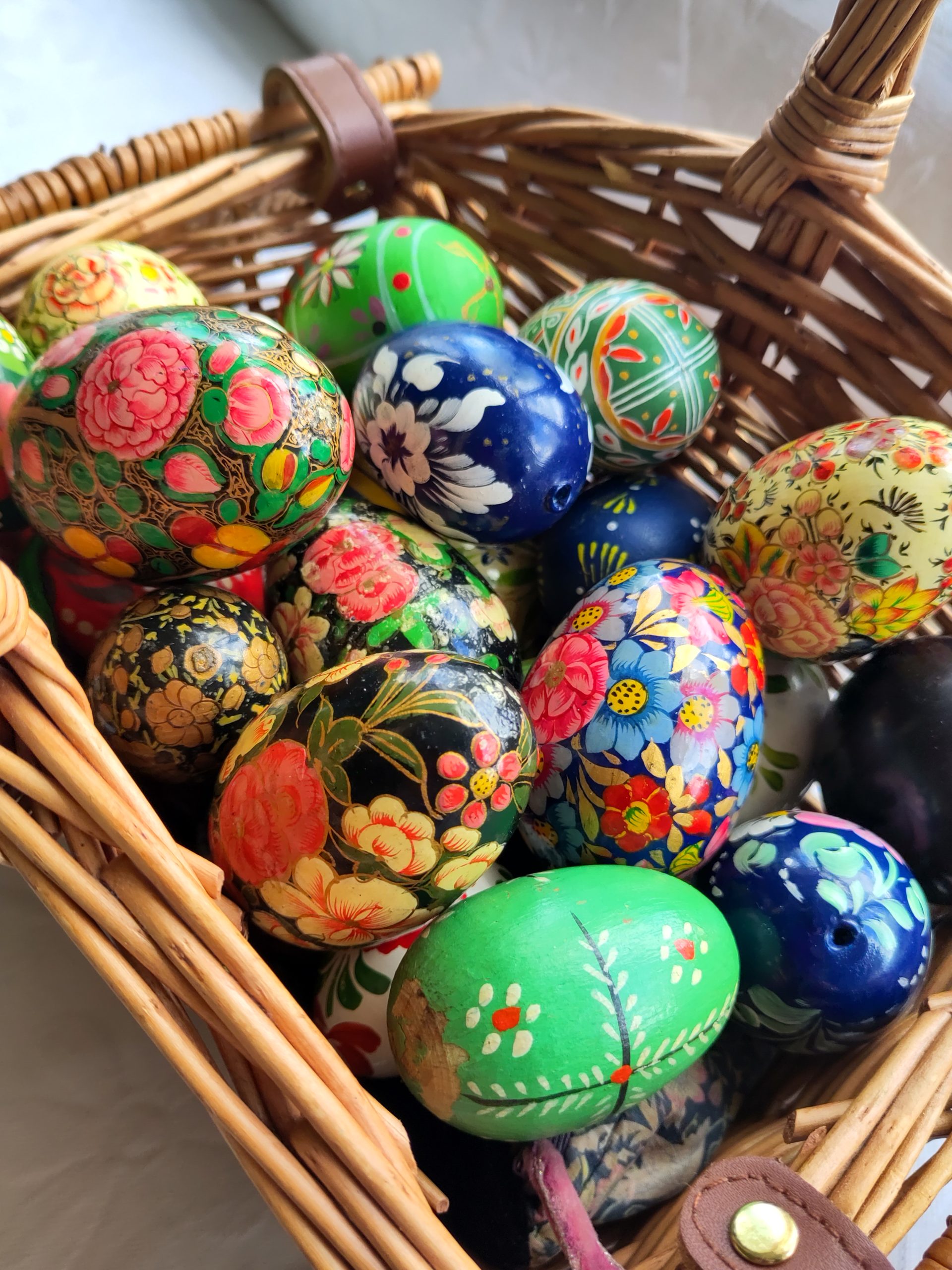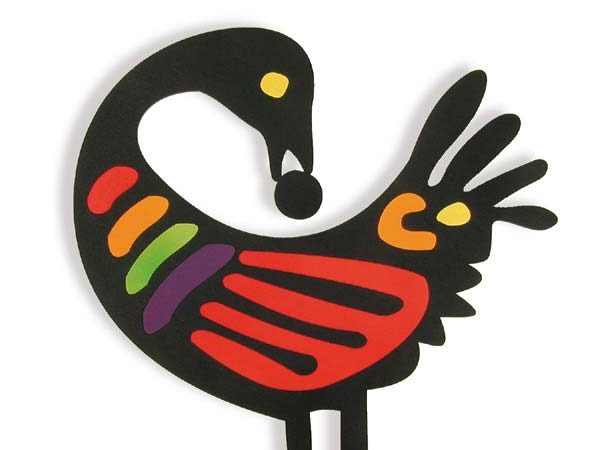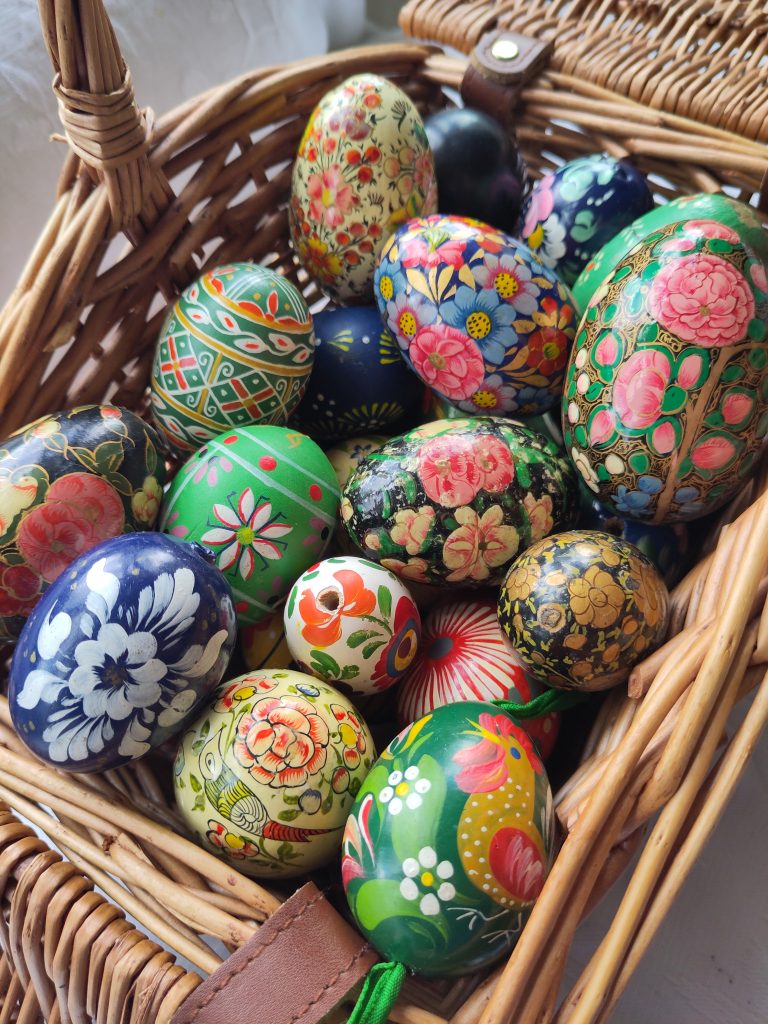“This is a Time for Serious Play” Transition Alive 3

17 April 2024
6 minute read
Learning is a live journey which shapes the future – and one we must travel together. In the third of her reflections, Cam Elizabeth shares an experience of looking back into the history of the Transition Movement, and towards the future with humility, determination and a healthy dose of playful creativity
Try being a Sankofa bird for a few hours, and you’ll benefit no-end. In West African mythology, Sankofa birds look back whilst looking forward. They learn from the past while looking towards the future. A translation of Sankofa, from Twi spoken in Ghana, is that it’s not taboo to go back for what you forgot or left behind. Theatre maker and writer, Lucy Neal, guided us in looking back over nearly 20 years of Transition as we explored what is yet to come.
I wouldn’t do this event justice if I didn’t manage to get across something of what Lucy conveyed about the power of learning as a social process. Often we’re looking for quick tips, but that doesn’t allow us to enter into a meaningful exchange with one another; to work out what it is that each of us can learn from one another. There is rapidity in prioristing collective learning over individualised learning, Lucy says, and that rapidity, she adds, is essential in Transition. I can only imagine that’s got something to do with the fact that we’re building a future together in the face of the systems that are collapsing around us.

Our exploration of these themes came in two parts. Firstly, we looked back. Lucy set the stage for herself, her Transition partner and friend, Hilary Jennings, and Rob Hopkins (Transition co-founder) to be in conversation with one another, while we watched on. We were witnessing an exchange especially conjured for our own ears and eyes. There were many key moments, but I’ll share one between Lucy and Hilary discussing the difference Transition has made to their lives. Lucy opened up about coming to realise the agency she had in the context of the climate emergency:
“I have a theatre background, I’m an artist, so the whole idea of stepping into a world that was about carbon and oil and economics felt hard to do.” With time, Lucy realised that you can work within the context of your own learning and through your own micro practice.
Hilary reflected: “I remember when you first mentioned the idea of having a carnival and closing a busy main road and I said ‘can you do that?’ And you went ‘Yeah’ and so we did. Once you’ve had that taste of ‘you can just do something’, you can pass that idea onto other people. That’s a really powerful thing that Transition gives you, is the sense of ‘just have a go and do it.’
What seemed really key in the conversation was an emphasis on the interplay between professional roles and a life connected to Transition. Lucy and Hilary both work, live and “belong” in Tooting in South London. They celebrate the fact that their professional lives have been deeply influenced by their involvement with Transition Tooting. Lucy explains that Transition has always provided her with a space for experimentation, to learn new skills and to play with new possibilities.
We all had a go at reflecting with a fellow traveler (we felt like fellow travelers) on the difference that Transition has made to our lives and what we’ve learnt from our involvement. Some said they have learnt about people, developed tenacity, made friends, found a community and honest connection. Surely only good work can flow from these places. Lucy quoted the Poet and environmental activist, Gary Snyder: “Find your place on the planet. Dig in, and take responsibility from there.”
Lucy is part of a creative team that delivers ‘Town Anywhere’, an interactive town of the future first built at a Transition gathering. For an idea of the process, watch the video below. It really is inspiring. Participants are invited to get tangible with a collective future, using the epitome of imaginative play: cardboard.
The question is asked ‘what is the town that people yearn to build with the skills and capabilities they have?’. And then they are invited to find a role for themselves in creating and fulfilling the needs of their fellow citizens. Back in our Zoom room, Lucy emphasizes that play is serious. She reminds us if you act as if these things are possible, then they land as a working idea.
As you might have guessed, we are asked about our own yearning and the role we’d like to have for ourselves. We’re approaching the end of the evening and it feels as though we’ve reached a decisive point. We are being brought to a crossroads, between work and play, between future and past, and we’re encouraged to walk in both directions. The inquiry of inquiries, the one that spoke to me most clearly, was this: what is the thing that is precious and personal to you, the one thing that no-one can take from you, that you’re going to take on this journey into the future?
We wrote and drew our responses to these questions and, in the spirit of imagination, we created flags and gathered any egg-like objects we had to hand.

Each of us had a part to play, you see, in ushering in this future we were longing for. Hushed and a little tense as I waited for my turn, I watched others come up big on screen, give their names, and tell us all ‘the seed of the future I am carrying is….’. As they finished their sentences they presented their eggs to the screen, which were tenderly and virtually (as if by magic!) gathered by Lucy and placed in a nest in her room in Tooting. It was a precious moment.
The seed for the future I am carrying is vulnerable leadership; for others it was trust in our collective wisdom, enchantment with the world, empathy, and many others. Whatever you come up with will be fitting for you. Lucy reminds us of this by quoting Rilke: “You must give birth to your images. They are the future waiting to be born. Fear not the strangeness you feel. The future must enter you long before it happens.”
Gather with your fellow travelers and do the serious work of play. It really is needed.
Find out more
Read Cam’s reflections on Making way for Justice in each community and The challenge of scaling up well.
Watch a short video about “Town Anywhere” below: